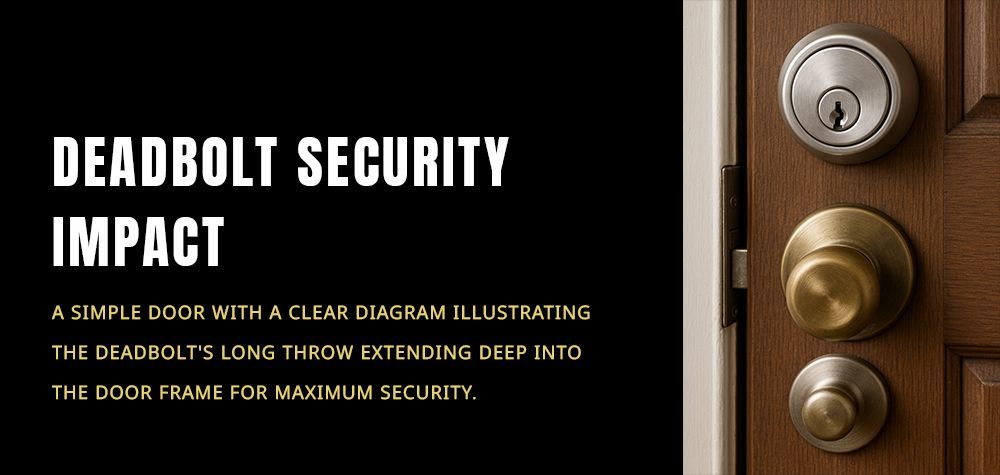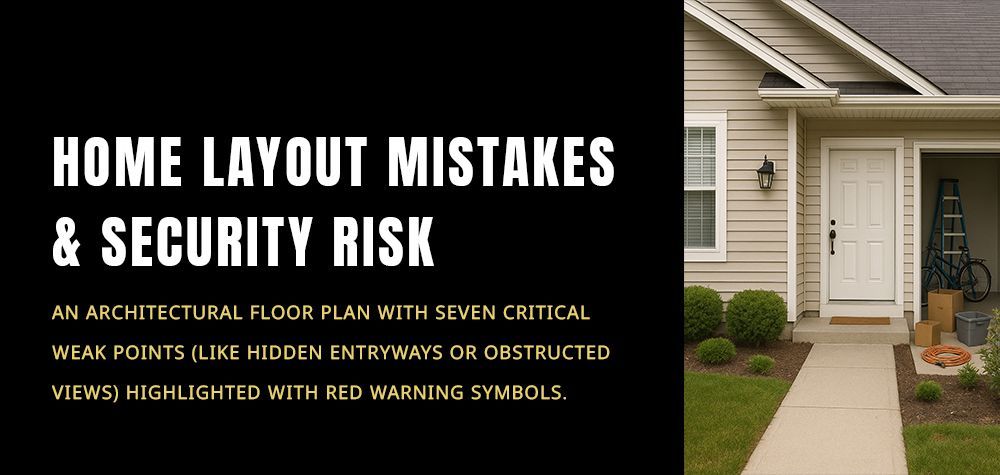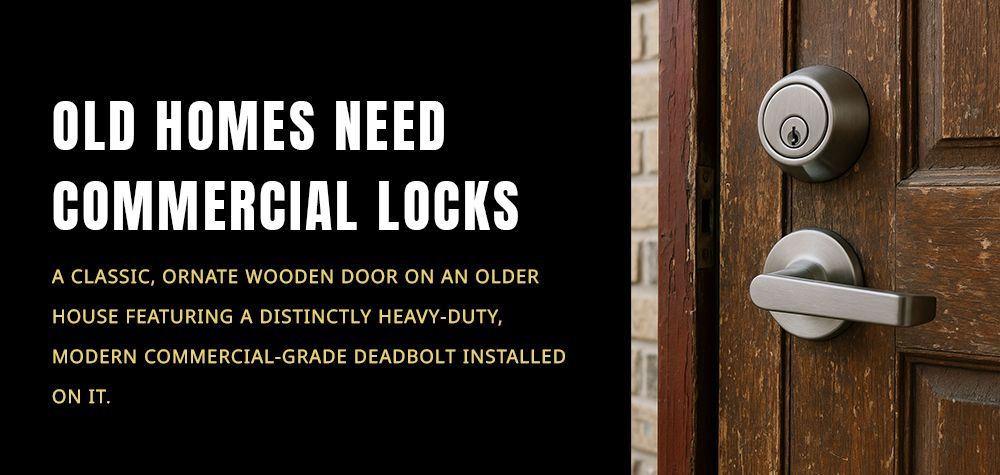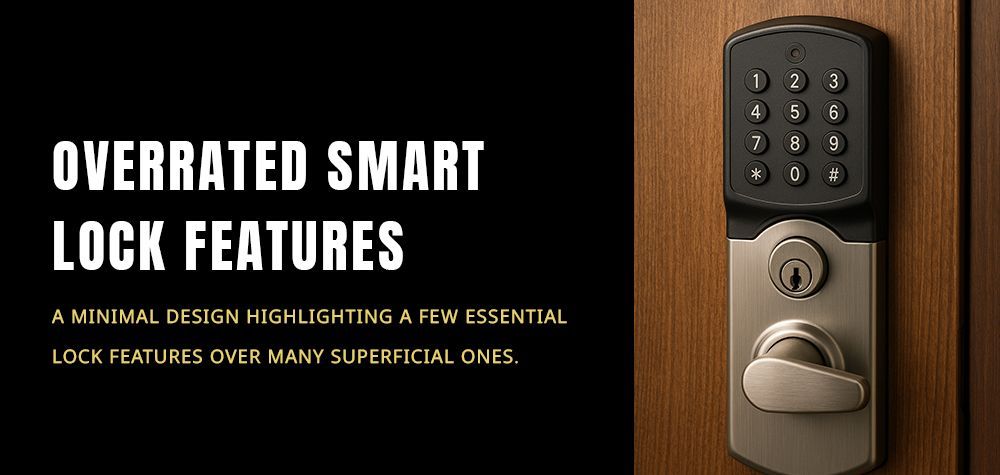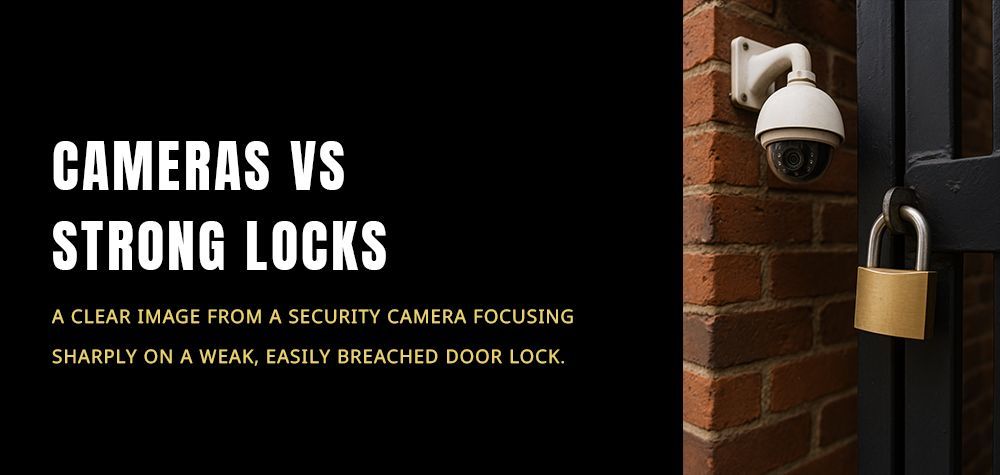Smart Lock vs Traditional Lock: Which One Is Better?
When it comes to securing your home, choosing between a smart lock and a traditional lock can be a challenging decision. Smart locks have gained popularity due to their advanced features and convenience, while traditional locks remain a reliable and familiar choice. In this article, we will compare smart locks and traditional locks based on various factors to help you decide which one is better for your needs.
Pros and cons of patented keys and locks!
Understanding Smart Locks
Smart locks are electronic locks that offer various technological features for enhanced convenience and security. These locks can be operated remotely via smartphone apps, keypads, biometric sensors, Bluetooth, or Wi-Fi. Some popular types of smart locks include August Smart Lock Pro ($279), Schlage Encode Smart Wi-Fi Deadbolt ($250), and Yale Assure Lock SL ($219). Smart locks often integrate with smart home systems, allowing you to control and monitor your lock from anywhere. They offer keyless entry, automatic locking, and alerts for any unauthorized access, making them a modern solution for home security.
Understanding Traditional Locks
Traditional locks, on the other hand, have been the cornerstone of home security for centuries. These locks function mechanically and require a physical key to operate. Common types include deadbolts, knob locks, lever handle locks, and padlocks. Deadbolts, such as the Kwikset Single Cylinder Deadbolt ($30), are known for their durability and resistance to forced entry. Traditional locks are valued for their simplicity, reliability, and ease of use. They do not rely on batteries or internet connectivity, making them a dependable choice even during power outages or technical malfunctions.
Security Comparison
When comparing the security levels of smart locks versus traditional locks, both have their strengths and vulnerabilities. Smart locks offer advanced security features like encryption, two-factor authentication, and tamper alerts. However, they can be susceptible to hacking or technical glitches. Traditional locks, particularly high-quality deadbolts, provide robust physical security and are less prone to technological failures. While traditional locks can be picked or bumped, modern smart locks also have mechanical components that are resistant to these methods. Ultimately, both types can provide excellent security if installed and used correctly.
Convenience and Accessibility
In terms of convenience and accessibility, smart locks have a clear edge over traditional locks. Features like remote access, keyless entry, and integration with smart home devices make smart locks extremely user-friendly. For example, the August Smart Lock Pro allows you to unlock your door using your smartphone from anywhere, providing convenience for family members and guests. Traditional locks require physical keys, which can be lost or duplicated, posing a potential security risk. However, their simplicity and familiarity make them easy to use for people of all ages.
Installation and Maintenance
Installing and maintaining smart locks can be more complex and costly compared to traditional locks. Smart locks often require professional installation, which can cost around $50-$100, in addition to the price of the lock itself. They also need regular software updates and battery replacements, adding to the maintenance cost. In contrast, traditional locks like the Kwikset Single Cylinder Deadbolt can be easily installed as a DIY project with basic tools and minimal cost. Maintenance for traditional locks is straightforward and typically involves occasional lubrication and ensuring the keyhole is free of debris.
Cost Comparison
The cost of smart locks versus traditional locks varies significantly. Smart locks generally range from $150 to $300, depending on the features and brand. For instance, the Schlage Encode Smart Wi-Fi Deadbolt costs around $250. Traditional locks, such as the Kwikset Single Cylinder Deadbolt, are much more affordable, usually priced between $20 and $50. While smart locks offer advanced features and convenience, traditional locks provide a cost-effective solution for those on a budget. It's essential to consider both the initial purchase price and any ongoing costs when making your decision.
User Experience and Reviews
User experiences and reviews for smart locks and traditional locks highlight different aspects of their functionality. Smart locks are praised for their convenience, ease of use, and integration with smart home systems. However, some users report issues with connectivity, battery life, and technical glitches. Traditional locks receive positive feedback for their reliability, simplicity, and durability. Users appreciate the peace of mind that comes with a straightforward locking mechanism that doesn’t rely on technology. Popular traditional lock brands like Kwikset and Schlage are well-regarded for their quality and longevity.
Conclusion
In conclusion, both smart locks and traditional locks have their advantages and disadvantages. Smart locks offer advanced features, convenience, and integration with modern technology, making them ideal for tech-savvy individuals and those looking for keyless entry options. Traditional locks, with their simplicity, reliability, and lower cost, remain a popular choice for many homeowners. When deciding between the two, consider factors like your budget, comfort with technology, and specific security needs. Both types of locks can effectively secure your home if chosen and installed correctly.
| Feature | Smart Locks | Traditional Locks | Which is Better? |
|---|---|---|---|
| Types | Keypad, Biometric, Bluetooth, Wi-Fi | Deadbolts, Knob Locks, Lever Handles | Depends on preference |
| Security | Advanced features, encryption, alerts | Strong physical security, reliable | Both offer good security |
| Convenience | Remote access, keyless entry | Requires physical key | Smart locks for convenience |
| Installation | Professional, complex | DIY, straightforward | Traditional locks for simplicity |
| Maintenance | Software updates, batteries | Occasional lubrication | Traditional locks for ease |
| Cost | $150 - $300 | $20 - $50 | Traditional locks for affordability |
| User Reviews | Convenient, tech issues | Reliable, simple | Depends on user needs |
Call Us Any Time!


